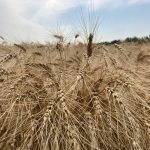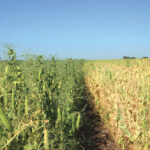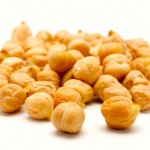While the 2020 crop may not be harvested and in the bin yet, early fall is still a good time to be thinking about the 2021 crop and lining up pulse crop inoculants for the coming growing season. Producers should be lining up inoculant needs this fall to avoid disappointment next spring. In addition to […] Read more







